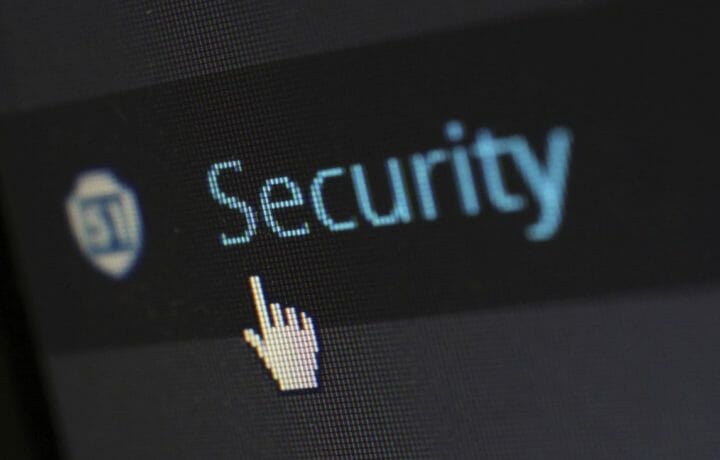With a recent series of cyber attacks on U.S. banks, and the sophisticated Shamoon attack targeting the largest oil company in the world, U.S. Secretary of Defense Leon Panetta advised that the Defense Department is stepping up to better prepare for cyberwar.
At a Business Executives for National Security (BENS) awards dinner held in New York, Sec. Panetta warned that new, sophisticated and destructive cyber attacks could cripple U.S. businesses and critical infrastructure, including the nation’s power grids, water supplies and banking systems.
Calling it a “pre-9/11 moment,” Panetta said the Internet has created “a new terrain for warfare,” and acknowledged that the DOD is developing new policies, procedures and standards to proactively plan for cyber threats and emerging attacks.
“We are acting aggressively to get ahead of this problem, putting in place measures to stop cyber attacks dead in their tracks,” said the Defense secretary. “The Department of Homeland Security has the lead for domestic cybersecurity, the FBI also has a key part to play and investigating and preventing cyber attacks. And our intelligence agencies, of course, are focused on this potential threat as well.”
“The State Department is trying to forge international consensus on the roles and responsibilities of nations to help secure cyberspace,” added Panetta. “The Department of Defense also has a role. It is a supporting role but it is an essential role.”
Pointing out that Russia, China and Iran are already working to strengthen their own capabilities in cyber space, Sec. Panetta said DOD is investing more than $3 billion annually to bolster U.S. cybersecurity.
“Our most important investment is in skilled cyber warriors needed to conduct operations in cyberspace,” advised Panetta. “We’re recruiting, we’re training, we’re retaining the best and the brightest in order to stay ahead of other nations.”
“As part of that effort, the department is now finalizing the most comprehensive change to our rules of engagement in cyberspace in seven years,” the secretary went on. “The new rules will make clear that the department has a responsibility, not only to defend DOD’s networks, but also to be prepared to defend the nation and our national interests against an attack in or through cyberspace.”
Panetta additionally called on the private sector and the business executives in the room to work with DOD to develop new cybersecurity technologies and share “timely and comprehensive” information that could help in countering attacks.
“Help us innovate. Help us increase the nation’s cybersecurity by securing your own networks. Help us remain ahead of the threats that we confront,” urged Panetta. “This is not just a responsibility, it is a duty that we owe to our children and their children in the in the future.”
____
Michelle Kincaid is a DC-based public affairs professional specializing in technology policy. She is also founder of the blog CybersecurityNews.org. Follow her on Twitter at @OnCybersecurity.


